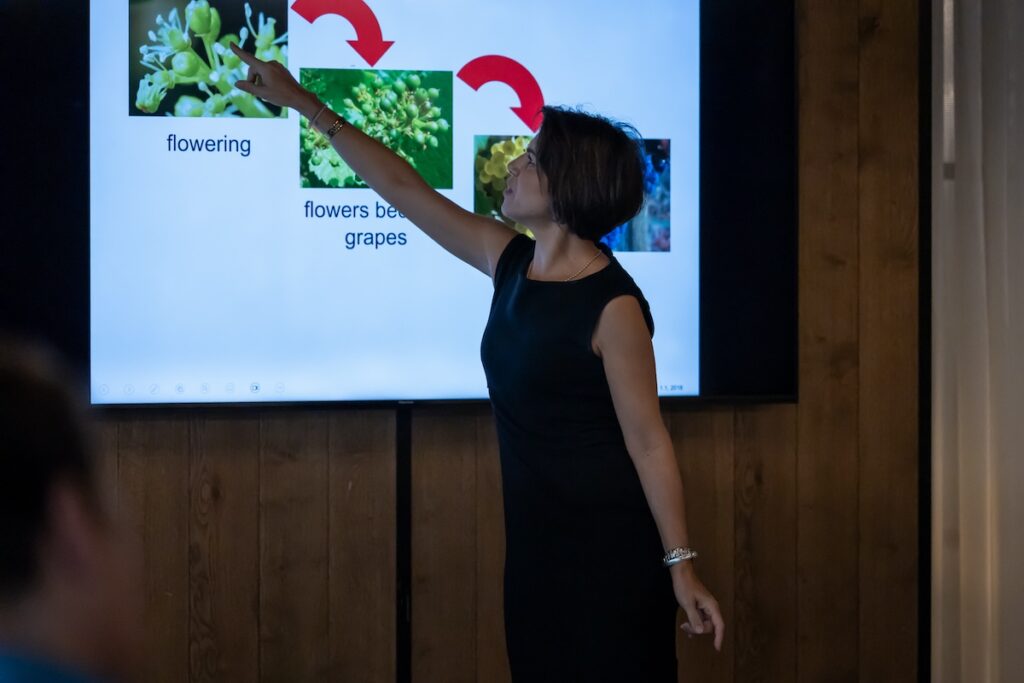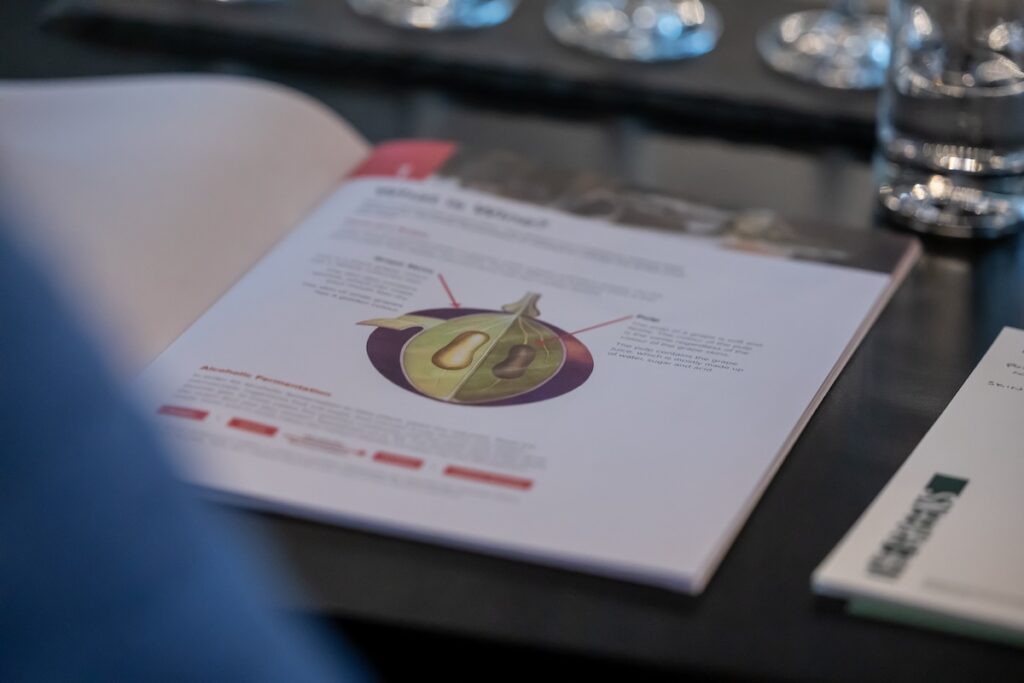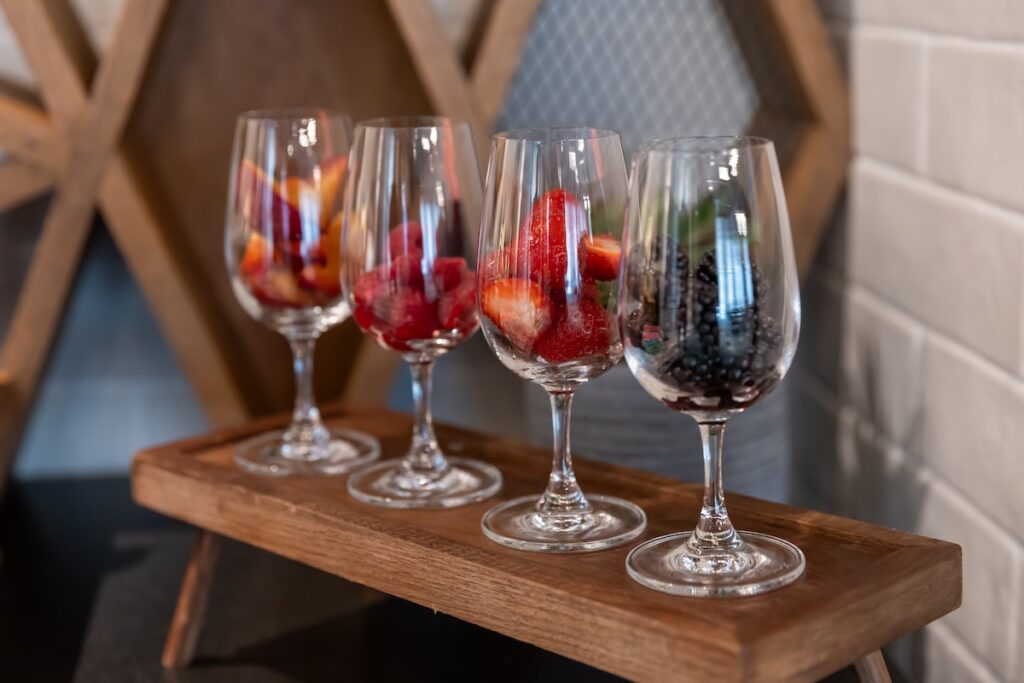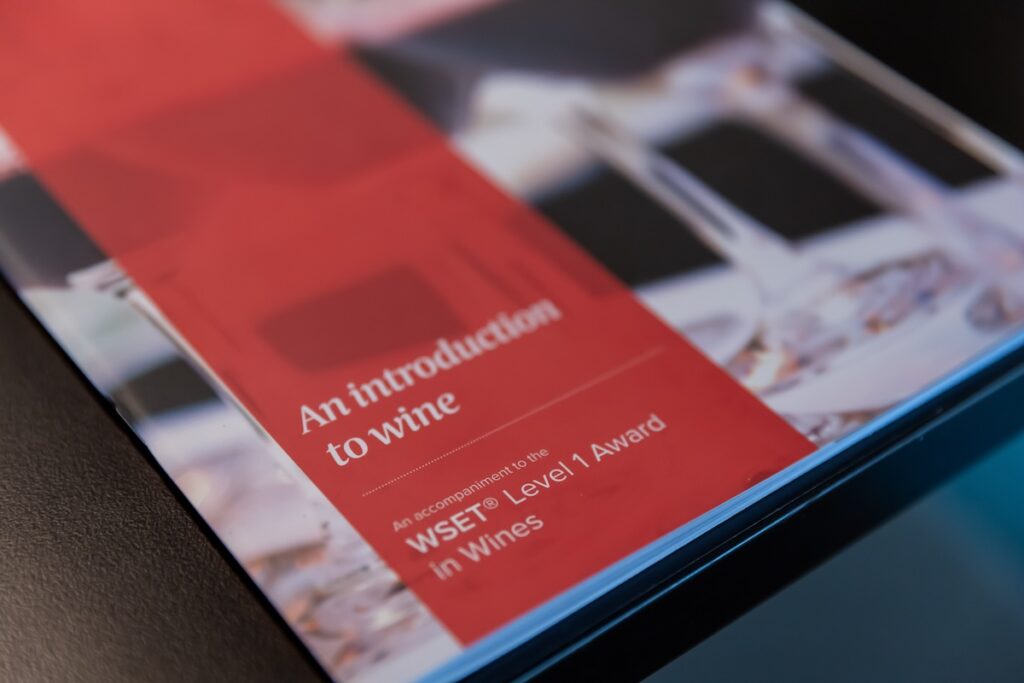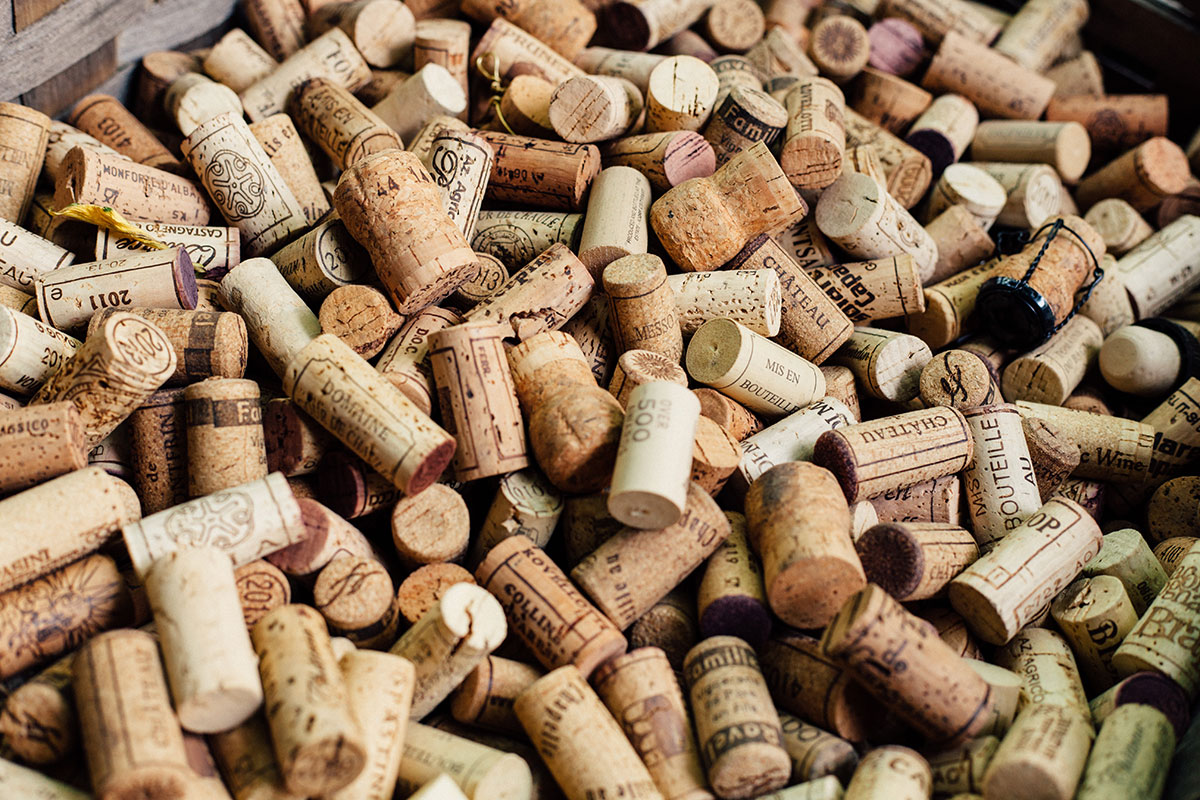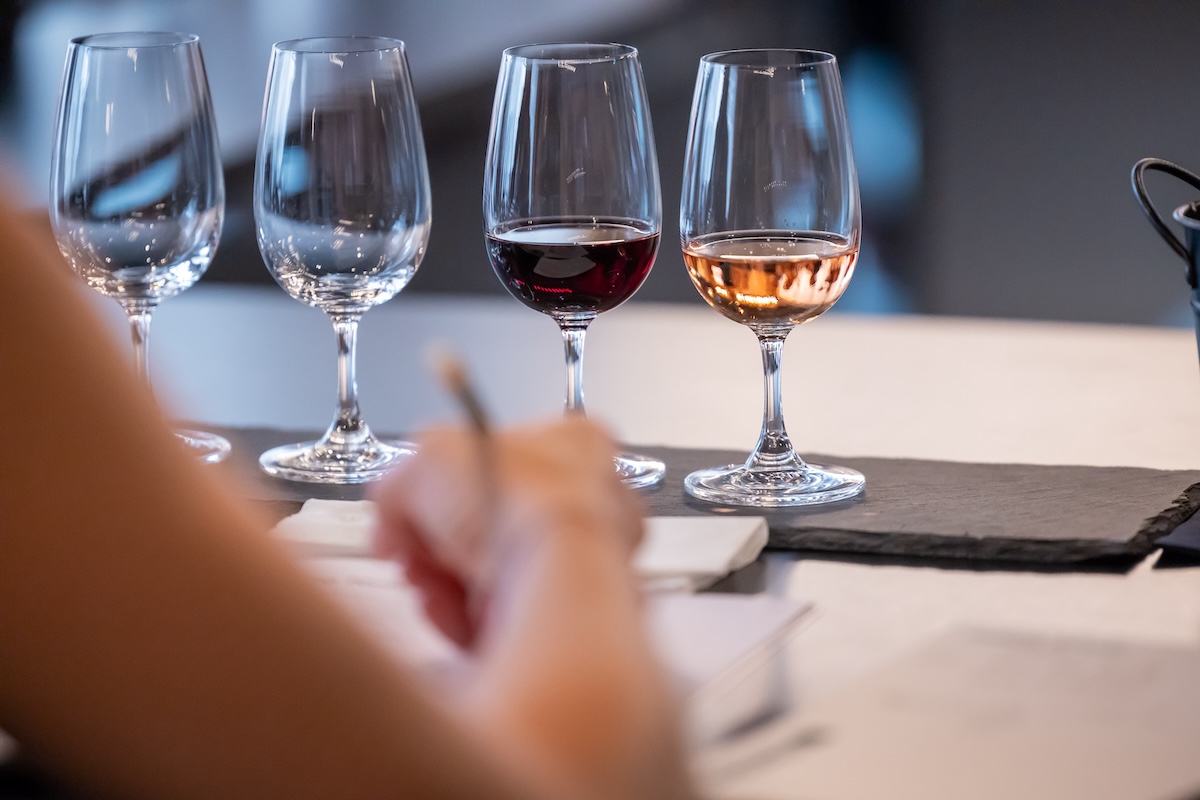
The Building Blocks of Wine Knowledge
The wine world is so vast and diverse and can be overwhelming. But you don’t have to know everything about wine to enjoy it. Learning the basics of wine, though, can definitely make you appreciate it. It brings you closer to tasting the wine you like, understanding why you like it, and by that venturing into other wines with similar characteristics. Before you know it, you’re demystifying the world of wine, one glass at a time. There is basic information about wine that can be building blocks to your wine knowledge and those are:
1. Being familiar with the main grapes producing the big bulk of the world’s wines:
There are around 1,400 known grape varieties worldwide that can produce wine. Only 20 grapes of those produce approximately 80% of the wines we drink! Learning about the main grapes among these 20 varieties can get you a long way in being mindful of what you are drinking. The most famous and popular ones are: Cabernet Sauvignon, Merlot, Pinot Noir and Syrah/Shiraz that produce red wines; and Chardonnay, Sauvignon Blanc, Riesling, and Pinot Gris/Grigio that produce white wines. There are also famous wines that are named after the regions they are produced in. This is generally seen in the old world of wine (Europe). Such wines are Chablis (made from 100% Chardonnay), Bordeaux (a blend mainly of Cabernet Sauvignon and Merlot), Red Burgundy (produced from Pinot Noir), among others.
2. Knowing that food can influence the taste of wine
The food you eat can affect the taste of wine you’re drinking it with. So, when you are familiar with the different styles of wine, you can choose a more suitable wine/partner to pair with your food. Components in food like acidity, saltiness, sweetness, and umami (think mushroom, soy sauce) can change your perception of the wine. Acidic and salty food can make wine feel “softer” (less bitter, less acidic, fruitier) while sweetness/umami components in food can make it feel “harder” (more bitter, more acidic, less sweet and fruity). Having a general knowledge of what to expect from wine helps you match it better with food and helps upgrade the whole meal experience. Drinking a very unsuitable wine with your meal, however, will lead to an utterly unenjoyable experience caused by an otherwise perfectly delicious wine.
3. Drinking wine at the right temperature
A very important and often underestimated factor affecting the experience of tasting wine is the temperature at which the wine is served. For example, drink your red wine warmer than it should be, you can feel an enhanced burn of the alcohol. Drink it colder than it should be, the perception of tannins (the dry feeling in your mouth when you’re drinking red wine) will be emphasized, and the fruit flavors will be masked. Knowing that red wine should ideally be served at room temperature (15-18 degrees) and drinking it as such, can make a world of difference in making the best out of what’s in your glass, the way you’re meant to. This applies to other types of wines, white, rosé, sweet and sparkling wines, that all have their own ideal serving temperatures as well.
If you want to be more familiar with the type and style of wine from the main grape varieties and other famous wines, and to know the key principles of wine and food pairing along with information about the storage and service of wine, Grape Secrets would love to welcome you on the next WSET Level 1 Award in Wines. For further information please contact [email protected].
